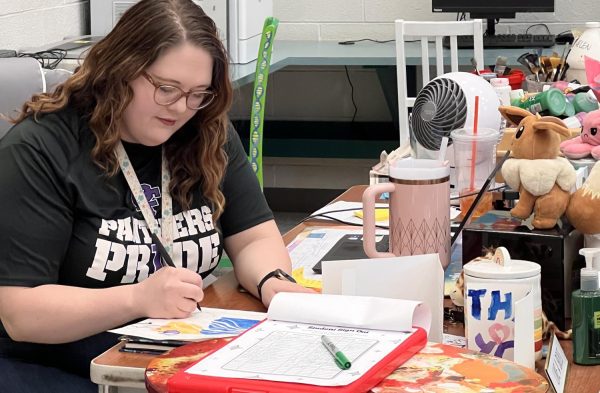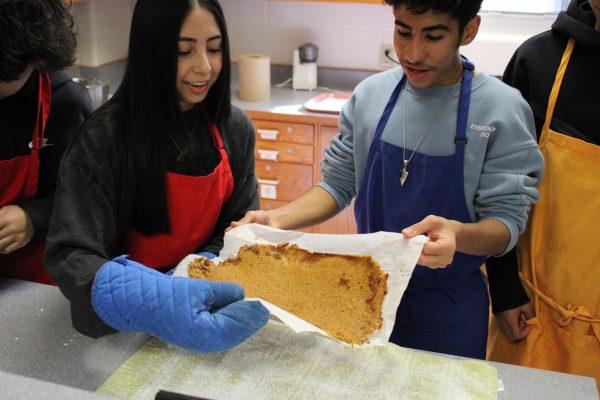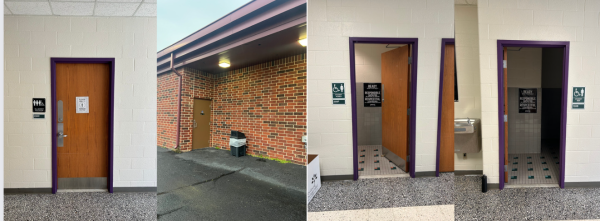A cease to certain standardized tests
LCPS considers legislative riding certain SOLs
At the recent Loudoun County School Board meeting that took place on October 22, staff members introduced a preliminary legislative program for deliberation, the subject being Standards Of Learning tests. The program dealt with the possibilities of riding science and social science SOL tests, providing students with the opportunity for quicker retakes regarding the tests, and the number of tests given to students in grades three through six.
As a part of the No Child Left Behind Act in 2001, SOLs were created to standardize education to ensure that all students were receiving high quality education. The annual tests set goals for students to achieve, at the end of each school year, the tests determine whether students are meeting these set goals. However, these objectives tend to make students question their intellectual ability rather than making them feel “more educated.”
“They [SOLs] don’t prove anything because some people aren’t good test takers and they don’t do as well, but that doesn’t mean they’re not smart,” said senior Jessica Boaman.
According to the Loudoun Times, Loudoun County teachers are sharing similar feelings.
“We need to get rid of these [science and social science SOLs] because they are fundamentally different from math and reading. In science and social science we are testing a student’s ability to memorize content,” said former social science teacher and Leesburg School Board member Bill Fox.
Although the tests may seem to be geared towards the students, the actual purpose of SOLs is to monitor how the teachers are teaching set material and if their methods are effective.
“It’s stupid how teachers prepare us better for the SOL than anything else, when we could be learning other more important things,” said sophomore Spencer Buehler.
Although some despise the annual tests, other students find working towards a set objective to be motivating.
“I think we should keep SOLs, they give students something to work for,” said freshman Wes Jamison, “If you’re smart, you’ll get a good grade on them. And if you’re not, then you won’t, it’s simple.”
Even so, the majority of students, ranging from high schoolers to elementary schoolers, detest the tedious tests.
“Without SOLs I’d be less stressed about school. They add so much extra stress. ” said junior Sabria Gambrell.
Along with changes to SOLs, the Board is also considering changing charter school law allowing the School Board to determine charter school standards and needs in the school division. Although this preliminary legislative program has students excited for change, they may be left waiting since it will be up for consideration during the next School Board meeting later in the month of November.











